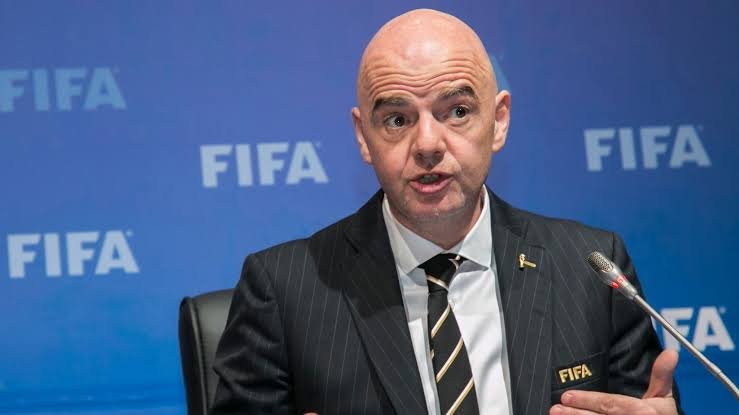In a move that has sent shockwaves through the footballing world, FIFA has officially dismissed the officiating team responsible for the recent El Clásico between Barcelona and Real Madrid. The decision follows a controversial moment in the match where Real Madrid’s Aurelien Tchouameni had an equalizing goal disallowed for offside—a call that has ignited intense debate among fans, pundits, and stakeholders alike.
The Controversial Call
The match, held at the Santiago Bernabéu, was poised on a knife-edge when Tchouameni found the back of the net, seemingly leveling the score. However, the goal was swiftly ruled out for offside, a decision that was met with immediate protest from Real Madrid players and supporters. The disallowed goal proved pivotal, as Barcelona capitalized on the momentum shift to secure a 4-0 victory, with Robert Lewandowski netting twice in quick succession, followed by goals from Lamine Yamal and Raphinha .
FIFA’s Unprecedented Action
In the aftermath, FIFA’s Referees Committee conducted a thorough review of the match’s officiating. The committee concluded that there were significant errors in the application of the offside rule, particularly concerning Tchouameni’s disallowed goal. As a result, FIFA has taken the unprecedented step of dismissing the entire officiating team from the match, citing a failure to uphold the standards expected at the highest level of the game.
Real Madrid’s Response
Real Madrid’s management and players have expressed their frustration over the officiating, with reports indicating that the squad felt “screwed” by the referees’ decisions . The club had previously sent a strongly-worded letter to the Spanish Football Federation, criticizing the refereeing establishment and expressing disaffection with La Liga’s officiating standards.
Broader Implications
This incident is not isolated. Earlier in the season, ten referees were punished after controversial calls went against Real Madrid in a match against Espanyol . The pattern of contentious decisions has raised questions about the consistency and reliability of officiating in high-stakes matches.
La Liga President Javier Tebas has criticized Real Madrid’s approach, accusing the club of constructing a narrative of victimhood and attempting to damage the competition’s integrity . Tebas emphasized the need for unity and constructive dialogue to address officiating concerns, rather than public condemnations.
The Role of VAR and Officiating Standards
The controversy also brings into focus the role of the Video Assistant Referee (VAR) system. While VAR was implemented to reduce human error, its application has been inconsistent, leading to further disputes. In this case, the failure to accurately assess Tchouameni’s position has reignited debates about VAR’s effectiveness and the training of officials in its use.
Looking Ahead
FIFA’s decisive action serves as a stern warning to officiating teams worldwide about the importance of accuracy and impartiality. It also underscores the need for continuous improvement in refereeing standards and the application of technology in football.
For Real Madrid, the focus now shifts to regaining momentum in the league and ensuring that such controversies do not derail their season. For the broader football community, this incident serves as a catalyst for discussions on how to enhance the integrity and fairness of the beautiful game.
